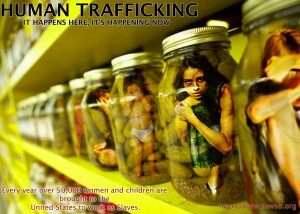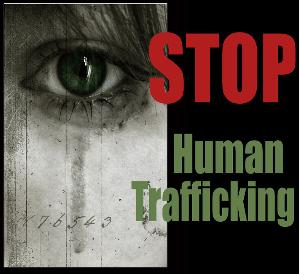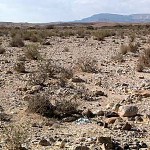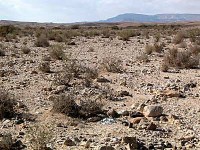The most popular post on my site scares me. Or maybe it excites me. I’m not sure which.
The post is this: “31 Million Sex Slaves.” About 25% of my total site traffic is from that post alone. It consistently gets more hits per day than even my daily post. Why is this? Though I occasionally make posts about human trafficking, that is not the focus of this site. So why do I get so many pageviews on that post?
I can think of two vastly different explanations.
 People want to stop sex slavery
People want to stop sex slavery
First, it could be that people are getting concerned about the plight of human trafficking and sex slaves around the world. They search for something like “human trafficking” or “sex slavery” and somehow land on my site.
This is the explanation I am hoping for, but two things make me doubt it. First, despite all the hits on this one post, nobody ever leaves a comment. If the people reading the post were really concerned about sex slavery and human trafficking, wouldn’t some of them leave a comment? Second, (and maybe this explains the lack of comments), the vast majority of the pageviews are from countries other than the United States. Just check the “Live Traffic Feed” widget on the bottom right of this page to see what I mean. As I look at it right now, my post got hits from the Philippines, London, Malaysia, and Indonesia.
So maybe there is a second much, much worse option.
People want to buy sex slaves
This is the second possibility, and the one that scares me. What if the reason nobody leaves a comment is because they are shopping for sex slaves, instead of wanting to stop it? I mean, if you were wanting to buy or sell sex slaves, doesn’t a post called “31 million sex slaves” sound promising?
I really hope the popularity of this post is not due to a worldwide increase in demand for sex slaves victims. But I somewhat fear the worst, especially since human trafficking is one of the fastest growing criminal activities in the world today.
 Get involved – Women and Children need you
Get involved – Women and Children need you
Do you want to get involved in stopping the exploitation of women and children in the sex slave industry? In the “31 million sex slaves” post, I suggest you start by reading a few books. It’s not much, but education is half the battle.
If you want to do more, here are some websites which provide further information and actions you can take:
- Stop the Traffik
- FBI Human Trafficking Report
- Bureau of Justice Assistance
- Not for Sale
- Stop Child Slavery
Getting involved in the sex slave industry can be quite dangerous, so for now, most people should educate themselves, give to organizations that fight sex slavery, and take what political action they can to increase the penalty on men who purchase prostituted women and girls, thereby decreasing the demand.
James 1:27 calls us to look after orphans and widows in their distress. I think there cannot be a more distressing situation than sex slavery. What are you going to do to help?










